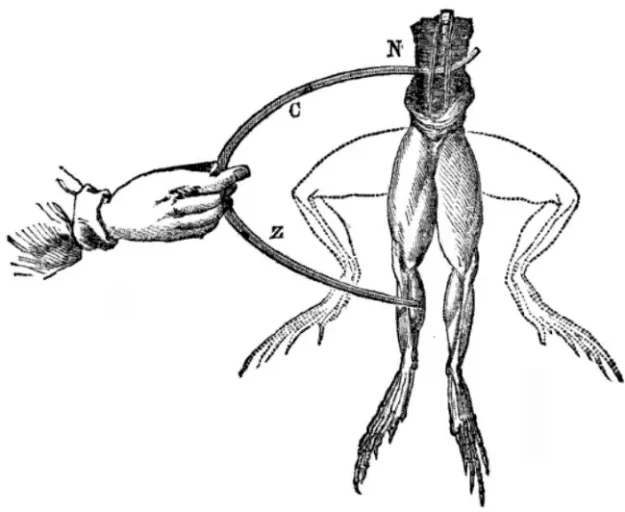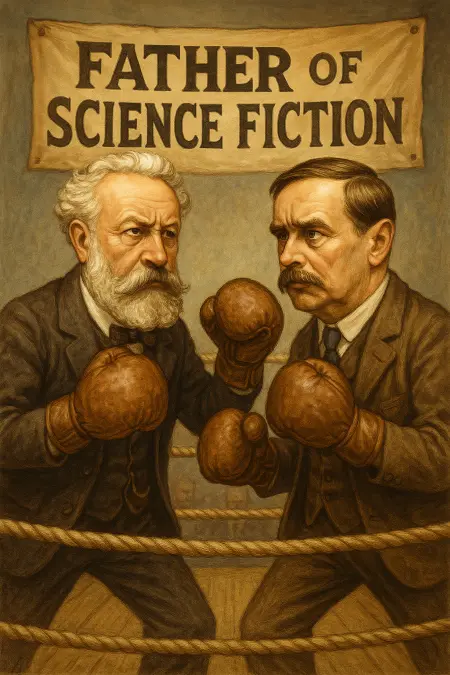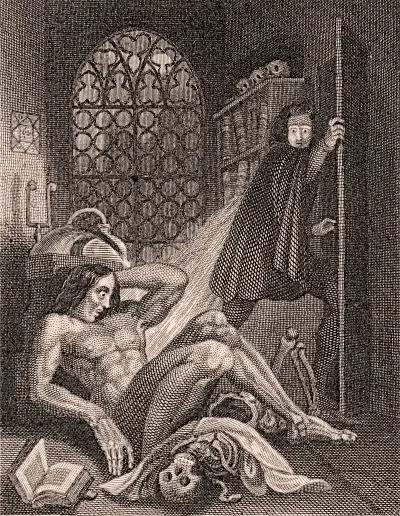Insights & Curiosities
This section is where we share discoveries, curiosities, and commentary about the Founders of Science Fiction. Expect a mix of behind-the-scenes stories, fascinating trivia, and reflections on how their works continue to echo through culture today. Posts appear when inspiration strikes — not on a schedule — so check back occasionally for new finds.
Mary Shelley didn’t invent Frankenstein out of thin air. When she began writing her novel in 1816, science was pushing the boundaries of life, death, and electricity — and she was paying close attention. Her tale of Victor Frankenstein, a science student obsessed with reanimating the dead, grew directly out of the discoveries and debates … Read more
🎤 Sci-Fi fight fans, welcome to tonight’s main event! In the red corner, hailing from Bromley, England… he brought us time travel, invisible men, and Martian war machines… the sharp-eyed pessimist who built frameworks of progress, catastrophe, and consequence… it’s H.G. “The Architect” Wells! And in the blue corner, from Nantes, France… he sent submarines … Read more
When people think of science fiction, they often picture rockets, Martians, or far-flung futures. Yet the genre’s roots stretch back more than 200 years to a young woman writing by candlelight. In 1818, Mary Shelley published Frankenstein; or, The Modern Prometheus—a novel many consider the first modern work of science fiction. With that one book, … Read more


